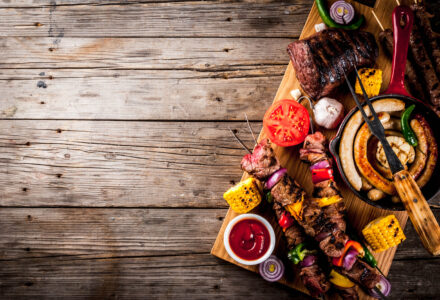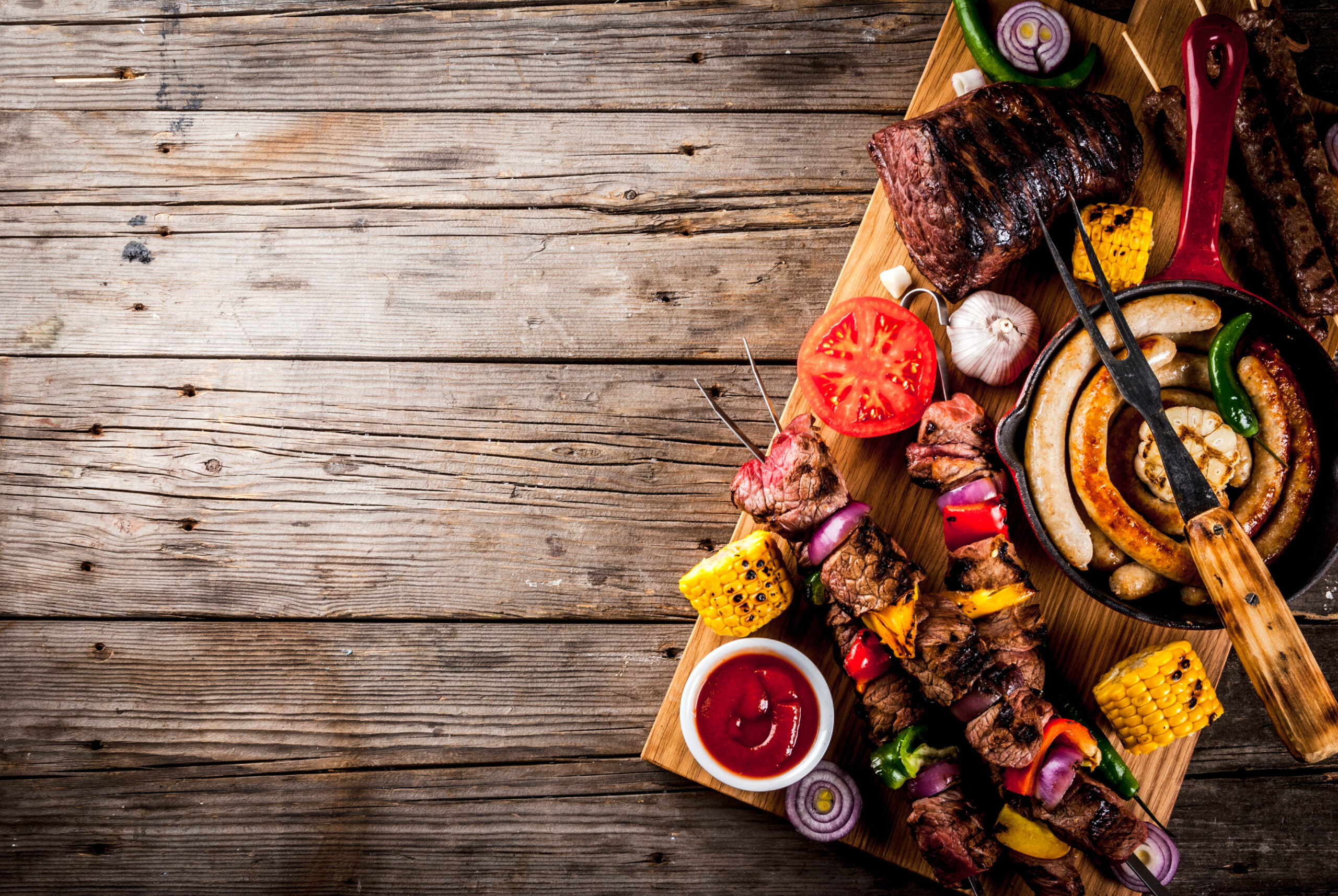 The age-old debate between charcoal and propane grilling has ignited passionate discussions among barbecue enthusiasts.
The age-old debate between charcoal and propane grilling has ignited passionate discussions among barbecue enthusiasts.
Beyond the traditional arguments about convenience and cost, one question persists: does the choice of fuel impact the taste of grilled food?
In this article, we’ll explore the nuances of charcoal and propane grilling and attempt to uncover whether one truly reigns supreme in the realm of flavor.
The Charcoal Advantage
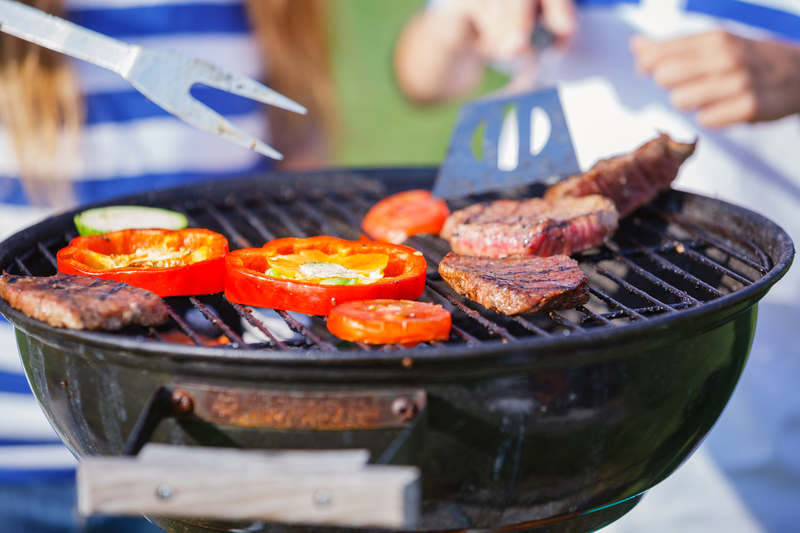
Charcoal grilling, especially when done in kettle grills, elevates the art of barbecue.
Celebrated as the epitome of purist barbecue, it evokes visions of smoky gatherings and an irresistible aroma.
The allure of charcoal lies in its natural properties; as coals burn, they release volatile organic compounds, infusing food with a unique smokiness synonymous with barbecue.
Additionally, the combustion process generates infrared radiation, playing a pivotal role in the Maillard reaction.
This chemical dance unfolds when amino acids and reducing sugars in the food encounter intense heat, yielding a medley of flavors, colors, and textures.
Charcoal enthusiasts ardently argue that this reaction achieves a depth of flavor unparalleled in the grilling world.
The synergy of smokiness and the Maillard reaction transforms every barbecue into a sensory experience, solidifying charcoal’s status as the choice for those seeking not just a meal, but a flavorful journey.
Propane Precision
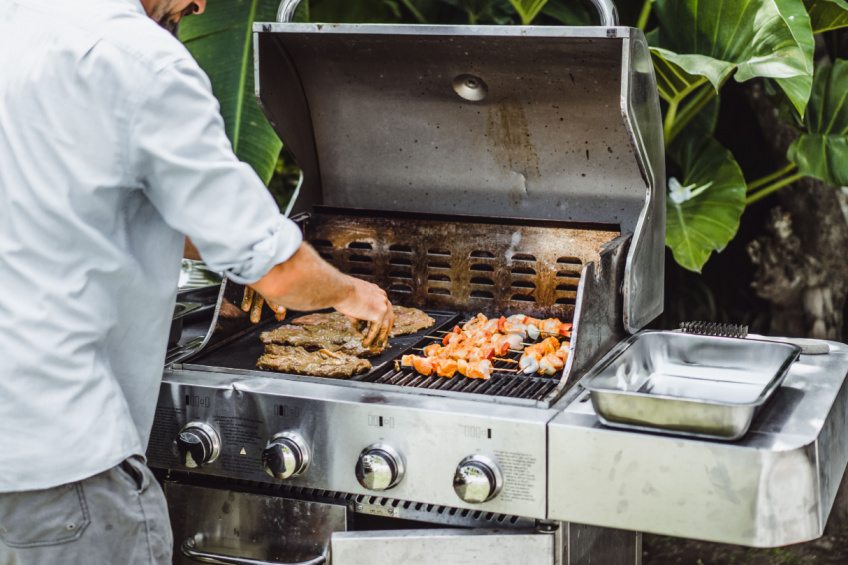 On the flip side of the grilling spectrum, propane grilling emerges as the champion of convenience and exacting temperature mastery.
On the flip side of the grilling spectrum, propane grilling emerges as the champion of convenience and exacting temperature mastery.
Proponents of propane sing praises to its cleanliness and absence of the heavy smoke that characterizes charcoal.
This clean burn ensures that the intrinsic flavors of the food take center stage, unencumbered by the robust smokiness of its charcoal counterpart.
Advocates of propane argue that its neutrality offers a canvas upon which the true taste of ingredients can be accurately portrayed, without the overshadowing influence of charcoal-infused nuances.
Further fortifying propane’s position is its sophisticated equipment, often featuring temperature controls that grant grillmasters unparalleled precision.
This capability becomes a culinary boon, especially when navigating the intricate terrain of cooking delicate foods.
Whether steering clear of overcooking or dodging undercooking pitfalls, the precise adjustments afforded by propane grills establish them as the instrument of choice for those seeking not only convenience but a culinary finesse that dances on the edge of flavor perfection.
The Myth of Taste
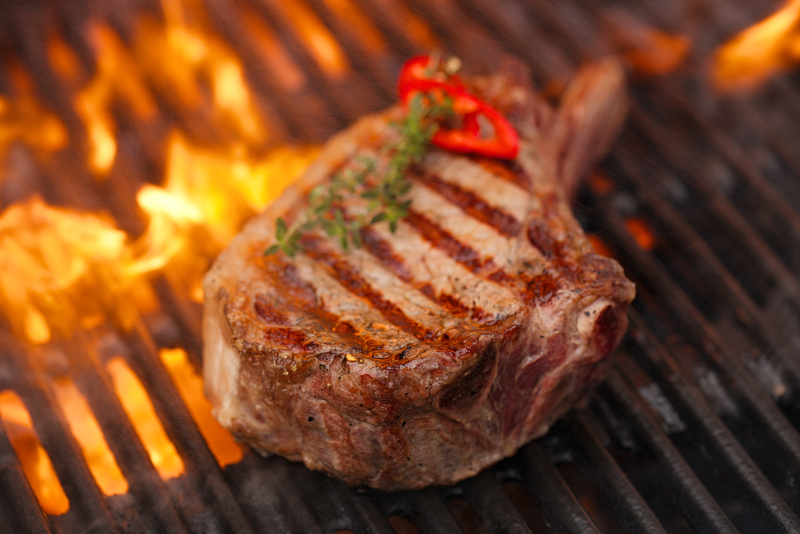
In the ongoing culinary clash between charcoal and propane, a compelling argument emerges, suggesting that the perceived taste disparity is more a product of psychology than science.
Extensive blind taste tests have been conducted, unraveling results that defy a unanimous verdict.
The enigma deepens as participants, stripped of preconceived notions, fail to establish a clear preference, casting doubt on whether the flavor discrepancy is as distinct as enthusiasts claim.
It becomes apparent that personal predilections and the nuanced techniques employed by the grillmaster are pivotal in shaping individual flavor perceptions.
The human palate, often swayed by preconceptions and biases, intertwines with the artistry of grilling, creating a subjective tapestry of tastes.
This revelation challenges the notion that one fuel source definitively outshines the other in the realm of flavor.
As the smoke clears and the embers fade, the debate persists, leaving the taste preference dilemma hanging in the air—a flavorful conundrum that perhaps transcends the boundaries of science and delves into the intricate realm of personal experience and preference.
Factors Influencing Flavor
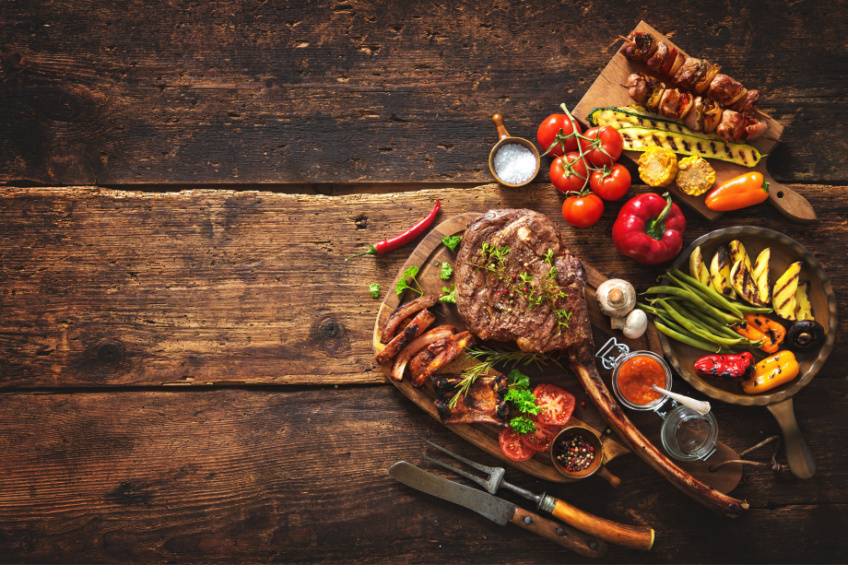 Delving into the intricate world of grilled cuisine unveils a myriad of variables that intricately shape the flavor profile, transcending the sole influence of fuel source.
Delving into the intricate world of grilled cuisine unveils a myriad of variables that intricately shape the flavor profile, transcending the sole influence of fuel source.
Beyond the elemental choice between charcoal and propane, the culinary canvas expands to encompass a tapestry of factors.
The type of wood chips or chunks used for smoking introduces a symphony of smoky nuances, with each wood variety imparting its unique flavor notes to the food.
Seasoning and marinades further elevate the taste journey, adding layers of complexity that dance on the taste buds.
The meticulous artistry of the grillmaster’s chosen techniques serves as a crucial brushstroke, influencing not only the texture but also the overall flavor expression of grilled dishes.
The decision to opt for charcoal or propane, therefore, becomes just one brush in a palette of flavors, contributing to a complex interplay that unfolds on the grilling stage.
In this intricate ballet of culinary elements, the choice of fuel source finds itself entwined with a multitude of factors, rendering the final taste of grilled dishes a harmonious convergence of diverse influences.
The symphony of flavors, orchestrated by the collaboration of wood, seasoning, marinades, and technique, renders the debate between charcoal and propane a single note in the larger composition of grilling excellence.
Recommendable Grills for Propane and Charcoal
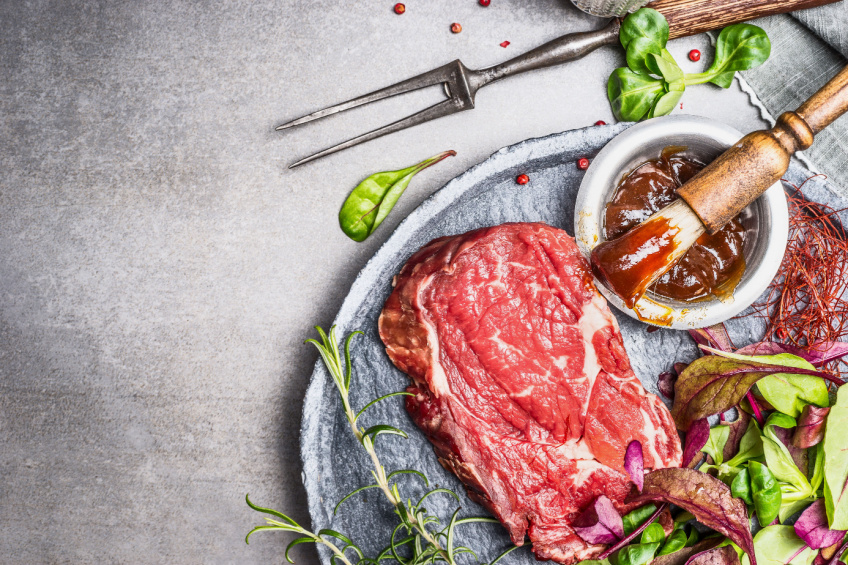
With a myriad of grills saturating the market, selecting the right one can be a bit overwhelming.
Here, we’ve narrowed down the options and recommended two of the best and most popular grills available.
Propane
The Weber Spirit II E-310 Propane Gas Grill is a standout choice for outdoor cooking enthusiasts.
Boasting three burners and a spacious cooking area, this grill offers a perfect balance of performance and convenience.
With its reliable ignition system and handy side tables, it’s not just a cooking tool but a complete grilling experience.
The Weber Spirit II E-310 ensures precise temperature control, making it easy for both beginners and seasoned grillmasters to achieve optimal results.
Whether you’re hosting a backyard barbecue or an intimate family dinner, this propane gas grill is designed to impress with its durability, versatility, and the unmistakable Weber quality.
Elevate your outdoor cooking game with the Weber Spirit II E-310 and let the flavors sizzle!
Charcoal
The Weber Original Kettle Premium Charcoal Grill is a timeless icon in the world of outdoor cooking.
With its classic kettle design, porcelain-enameled bowl and lid, and innovative One-Touch cleaning system, this grill is a perfect blend of tradition and innovation.
The hinged cooking grate adds convenience, making it easy to access the charcoal for seamless cooking adjustments.
Versatile and reliable, the Weber Original Kettle Premium is your ticket to achieving that authentic, smoky flavor.
Its timeless design is not just about aesthetics; it’s a testament to Weber’s commitment to quality and durability.
Whether you’re a seasoned charcoal enthusiast or just starting your grilling journey, this grill is designed to make your outdoor cooking experience exceptional.
Unleash your creativity, infuse your dishes with that distinct charcoal flavor, and create memorable moments around the grill with the Weber Original Kettle Premium Charcoal Grill.
It’s more than a grill; it’s a symbol of the artistry of outdoor cooking.
In a world filled with grill options, choosing the right one can indeed be overwhelming.
We’ve simplified the decision-making process by highlighting two top-notch grills—one propane and one charcoal.
The Weber Spirit II E-310 Propane Gas Grill offers a perfect balance of performance and convenience, while the timeless Weber Original Kettle Premium Charcoal Grill combines tradition with innovation.
Whether you’re a fan of propane precision or the classic charm of charcoal, these grills are your keys to exceptional outdoor cooking experiences.
Elevate your culinary adventures, savor the flavors, and create lasting memories with the perfect grill companion
Bottom Line – Does Charcoal or Propane Taste Better?
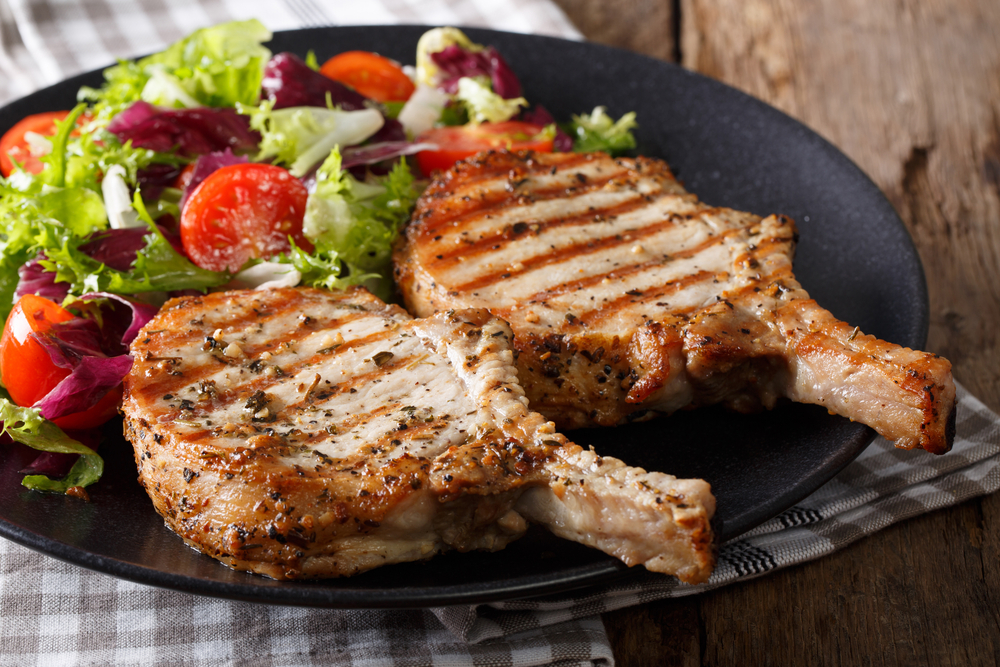 In the end, the debate over whether charcoal or propane tastes better is unlikely to be resolved definitively.
In the end, the debate over whether charcoal or propane tastes better is unlikely to be resolved definitively.
Each fuel source has its merits, and the “best” option often depends on individual preferences, cooking styles, and the type of dishes being prepared.
Whether you prefer the primal allure of charcoal or the precision of propane, the most important factor is the joy of the grilling experience and the delicious results that emerge from your chosen method.
So, fire up the grill, embrace your preferred fuel, and savor the flavors of outdoor cooking.

